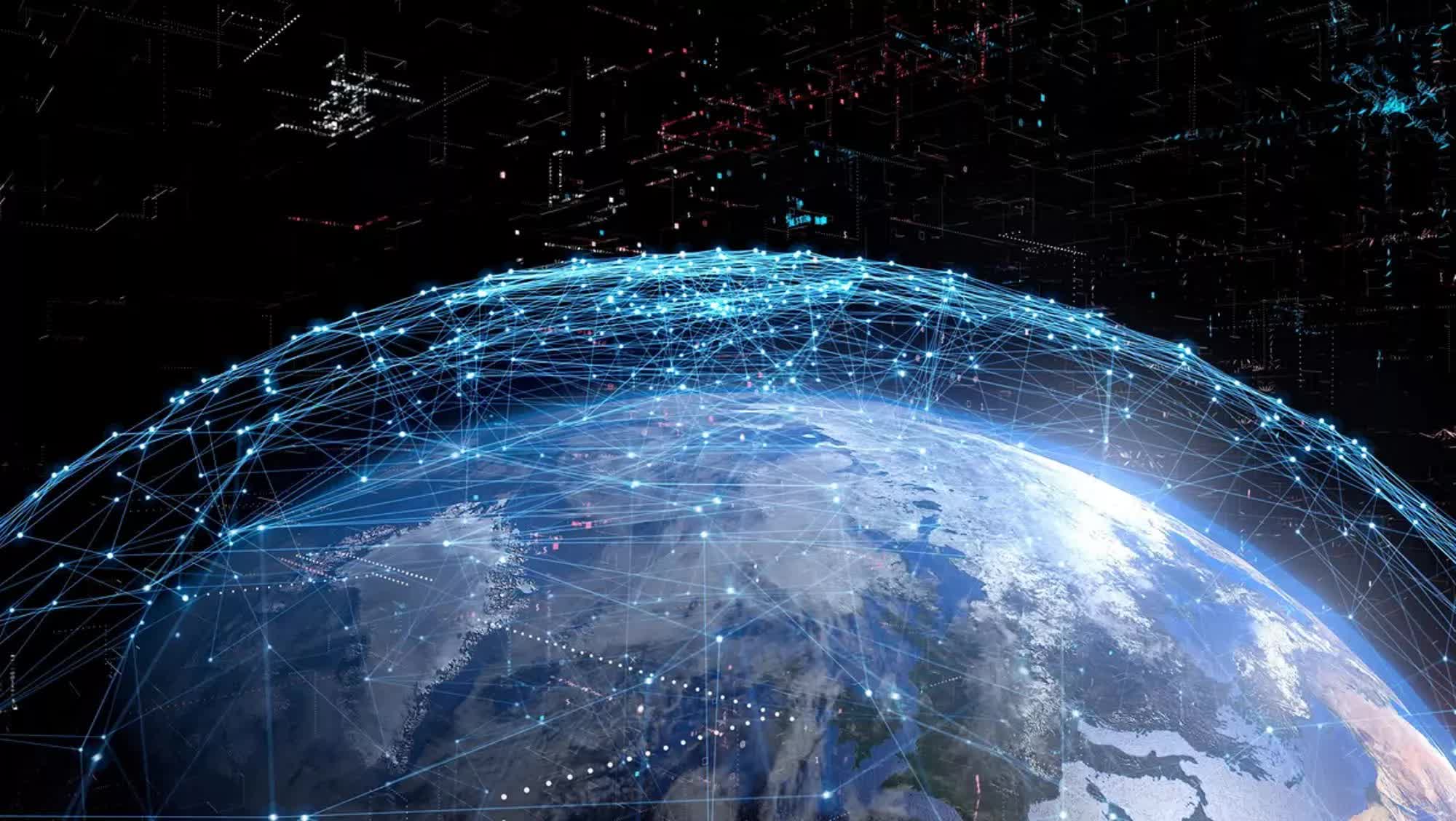What just happened? When Hurricane Helene hit North Carolina's coast last week, a new communication tech was there to help – satellite-to-phone connectivity from Starlink. The FCC gave SpaceX and T-Mobile temporary authorization to beam service directly to cell phones in the affected zone using Starlink's orbiting satellites.
The approval allows SpaceX to use radio frequencies leased from T-Mobile to provide what's called "Supplemental Coverage from Space" beamed from Starlink's low-Earth orbit satellite constellation.
"Office of International Affairs grants a temporary and limited STA enabling SpaceX to operate Supplemental Coverage from Space (SCS) in the 1910 – 1915 MHz and 1990 – 1995 MHz frequency bands leased from T-Mobile in areas affected by the Hurricane Helene," notes the FCC in a Status Report.
However, there's a catch – SpaceX cautioned that services will be "best-effort" for now since their satellite internet constellation for phones isn't fully built out yet.
We remain committed to helping with recovery efforts in states affected by Hurricane Helene. We stand ready to do all that is necessary to return connectivity to hard-hit areas and save lives. https://t.co/i8psUSg9yF
– The FCC (@FCC) October 6, 2024
Even limited connectivity could prove to be a lifeline for those stranded in the aftermath with no cell service. In addition to emergency alerts, SpaceX said it may test allowing basic text messaging for T-Mobile customers in North Carolina's disaster areas.
First launched back in January, SpaceX's specialized Starlink satellites enabled for direct phone connections have been years in the making. Its arrival set the stage for a landmark demo with T-Mobile, in which the companies exchanged text messages between phones via the orbiting Starlink relay, but the full capabilities of satellite-to-phone connectivity will have to wait.
T-Mobile has been eager to incorporate the space-based connectivity into its network to fill gaps in coverage caused by obstacles such as terrain and buildings. However, making satellite-to-phone service a commercial reality requires an advanced constellation of specially-designed satellites.
Still, in the chaos of a hurricane's aftermath, those basic services could make a major difference.
The FCC's special permissions are just one part of its efforts to maintain communications lifelines in disaster areas. The agency has also been issuing rule waivers and temporary authorizations to help wireless carriers recover knocked-out infrastructure. On the consumer side, it relaxed eligibility rules for the Lifeline discounted communications program to assist hurricane victims.
As for Starlink, the company plans a global rollout of this service, allowing customers on partner carrier networks worldwide to stay "seamlessly connected" via satellite. The company has already announced deals with international carriers like Optus, Rogers, KDDI, Salt and Entel, but launch dates and service details remain unclear.
